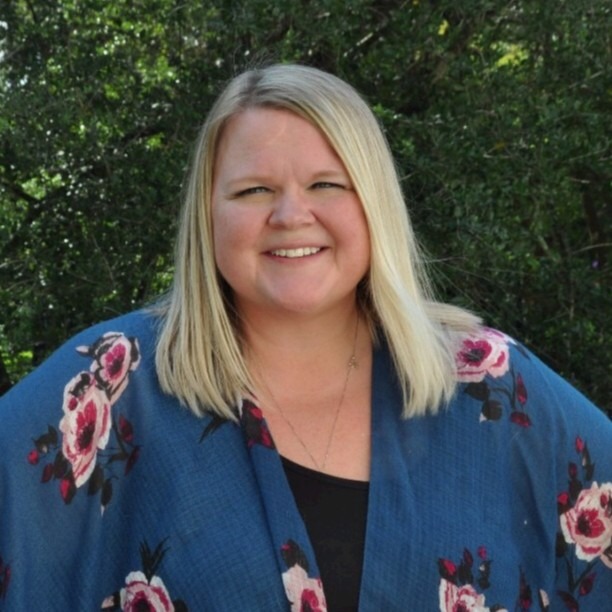In the interests of building trust and greater transparency with shoppers, is it time to start rephrasing and qualifying ‘natural’ on our foods and supplements, even if regulators don’t step in?
The ‘natural’ debate is an important issue that has rumbled on for as long as I can remember.
Generally, we all know the score – most shoppers want their foods to be as natural as possible. But what does that actually mean? Why has it resulted in so much confusion? And perhaps most importantly, why have so many companies got it so wrong?
That may seem like a bold statement. But the number of companies – and even whole industries – that have suffered an unflattering fate after falling into the ‘natural’ trap is truly mind blowing.
Consumer confusion
Let’s start with some basic consumer science – and try to figure out why people get so confused, and angry, about naturalness.
Put simply, it’s down to the emotional associations of ‘good’ and ‘bad’ that we all have to foods. Every one of us has split foods and food ingredients into a somewhat arbitrary list of good and bad.
We all understand the concept of these fears and halos; and for many of us, it’s visceral.
The list below is crude, but it shows how we can very easily split up these ‘good’ and ‘bad’ associations.
GOOD
These terms and connotations provide a halo
- ‘Natural’ or ‘Real’
- ‘No additives’
- Raw or ‘whole food’
- Organic
- ‘Free from’
- Honest
- Healthy
FOOD HALO
BAD
These terms and connotations are negative
- ‘Artificial’
- Full of ‘chemicals’
- Overly processed
- Genetically Modified
- Junk
- Dishonest
- Unhealthy
FOOD FEARS
We inherently know the above to be true – at least to a generic degree.
The fact is, however, that these signals are reinforced to us through on-pack claims and marketing messages on a near constant basis – every time we buy something that says ‘no artificial additives’ or ‘raw’ we reinforce these values.
The trouble is, in the real world almost nothing actually fits into these little neat boxes. Nothing is black and white, we deal mostly in shades of grey.
Yet we communicate as if it were black and white. And this causes huge confusion, and almost always comes back to bite us…
Building consumer trust
For years we have been taught that brands have to keep messaging simple. That consumers simply won’t understand or care about complex messages.
That world is gone.
We are all far more inquisitive and demanding now. The power of the internet on our phones – being able to look up anything at all while stood in the grocery store – means brands cannot hide.
In this new world semantics are important. Don’t just dismiss them.
Old ideas of ‘simple messaging’ do not wash now. More complex and nuanced conversations, that open up about what your products is (or is not) are vital to building long-term consumer trust.
Naturally opposed
With this in mind, let’s think about what consumers actually understand by the word ‘natural’ … and what companies try to make it mean.
Labels that claim to be ‘100% natural’ set a phenomenally high bar for themselves.
If we think about ‘average consumer’ understanding, simply stating ‘100% natural’ would lead them to believe that your food or supplement is a whole food – or perhaps an extract of whole food that is minimally processed and retains a close resemblance to how it would be when picked or pulled from the ground.
I would argue that most products that claim to be ‘100% natural’ would not pass that threshold.
So maybe we need to be thinking about different wording and phrases that still push origin and quality in a simple and clear, but more nuanced way.
Let’s play a game of ‘spot the difference’:
“Our products are 100% natural”
“Our products are 100% naturally sourced”
“Our products are made from only natural ingredients”
At first glance, these statements might look the same, or at least seem to convey the same idea. But if you think about it for a few seconds longer, the nuance of the latter two versus the first becomes quite clear.
Now for a terrible analogy:
I sometimes like to think of the example of baking a cake. In itself, a cake is not a natural thing. It cannot be found in nature. Nobody has ever hunted, or gathered, a cake (as far as I’m aware).
Does that mean a cake is some horrible synthetic monstrosity?
No, it’s delicious. It’s made from lots of lovely things, that when mixed in the right way, become better than their sum parts.
That is the beauty of baking, of cooking, and in fact, of food itself.
Sticking with the cake example – it’s clear that even if you said ‘this cake is 100% natural’ people would know what you mean. They would know you mean the things that you used to make the cake are natural – not that the cake itself was natural. Nobody would expect you to have grown a cake.
Yet when we talk about supplements, or other types of food, the lines are more seriously blurred.
Some supplements are extracts of whole fruits or herbals. Some are completely synthetic. Others are a processed and transformed version of what has come originally from the ground.
Because of this confusion shoppers do not inherently know what you are hinting at, as they might for cake. In fact, there is an implicit need to spell it out, because shoppers are increasingly not just ‘a bit curious’ but absolutely demanding more details.

It’s really complicated – but it doesn’t have to be
To make messaging over natural simpler and clearer to shoppers we have to be willing to be more complex and nuanced.
Some supplements may indeed be ‘100% natural’ – like spirulina powder. But many others that follow the ‘100% natural path’ are actually not in the same category. Just as in the cake analogy, what they are saying is ‘this is from natural sources, but we’ve used our know-how and some pretty cool technology to make it better or tastier, or to work in this product format’.
The trouble is, nobody actually says those words.
Instead they cling to this idea, or claim, that they absolutely are ‘100% natural’ and that anyone who doesn’t get what they mean by that are plain wrong.
This approach is really, really, stupid for the short and longer term. We must do better.
As our consumer base gets more curious and therefore informed, there is an opportunity and need for both broad and specific education about processes and processing.
We believe in ‘Trust Transparency’ – that Transparency drives Trust, and that organizations that lead education on natural and related ingredient and process discussions will connect better, won’t be caught by surprise, and will earn the right to carry their consumers along with them.






